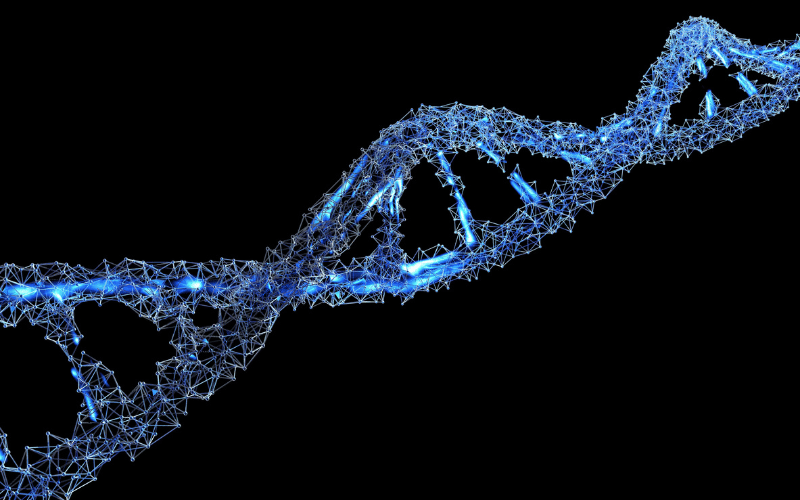Introduction: Delving into the Depths of Hodgkin’s Lymphoma Causes

Hodgkin’s Lymphoma (HL), one of many variants of cancer, specifically targets the body’s lymphatic system. With its roots in white blood cells or lymphocytes, HL exhibits a typical growth pattern, spreading from one lymph node to another, following a defined path. It is a globally recognized health risk that affects a broad demographic, from teenagers to older adults.
Although scientists and researchers have gained substantial knowledge about this condition over the years, there are still gray areas, especially concerning its primary causes. Comprehending the causes of Hodgkin’s Lymphoma can lead to more effective preventative measures, facilitate early detection, and enhance treatment plans. This understanding could be the difference between life and death for some patients.
This piece aims to shed light on the ten main causes of Hodgkin’s Lymphoma, which are essential to grasping the nature of this disease. The depth and breadth of the factors contributing to Hodgkin’s Lymphoma are vast, intertwining genetics, environmental factors, lifestyle choices, and medical history.
Cause 1: Genetic Influence on Hodgkin’s Lymphoma

In the realm of Hodgkin’s Lymphoma, genetics plays a crucial role. The inherent risk related to our genetic makeup, inherited from our parents, cannot be understated. Certain genetic mutations can predispose an individual to this disease. This, however, doesn’t signify a certainty but merely indicates a heightened likelihood of the disease’s onset.
While the notion of ‘genes as a disease determinant’ might seem terrifying, it’s essential to remember that genetics is but one aspect. Many who carry these mutations never develop Hodgkin’s Lymphoma. Having a relative with Hodgkin’s Lymphoma, especially a sibling, might increase your risk, but it doesn’t dictate your health future.
Studying the genetic patterns within families has been a key method for researchers seeking to understand the disease better. By identifying common genetic markers among those with Hodgkin’s Lymphoma, researchers hope to predict who else might be at risk. However, we’re still far from using this information to provide individualized risk assessments routinely. (1)